Description
Soon to be a Netflix Original Series! “ War of the Worlds for the 21st century.” – Wall Street Journal The Three-Body Problem is the first chance for English-speaking readers to experience the Hugo Award-winning phenomenon from China’s most beloved science fiction author, Liu Cixin. Set against the backdrop of China’s Cultural Revolution, a secret military project sends signals into space to establish contact with aliens. An alien civilization on the brink of destruction captures the signal and plans to invade Earth. Meanwhile, on Earth, different camps start forming, planning to either welcome the superior beings and help them take over a world seen as corrupt, or to fight against the invasion. The result is a science fiction masterpiece of enormous scope and vision. The Three-Body Problem Series The Three-Body Problem The Dark Forest Death’s End Other Books Ball Lightning Supernova Era To Hold Up The Sky (forthcoming)


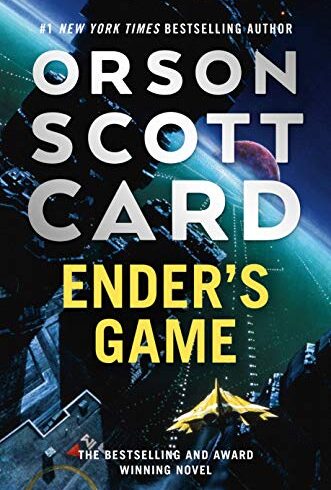
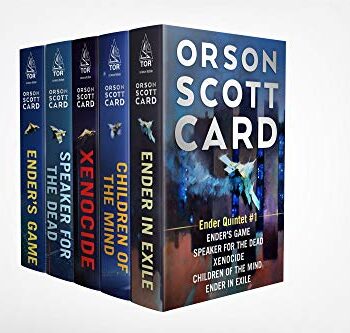
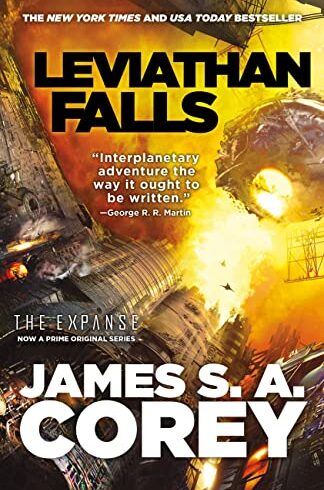
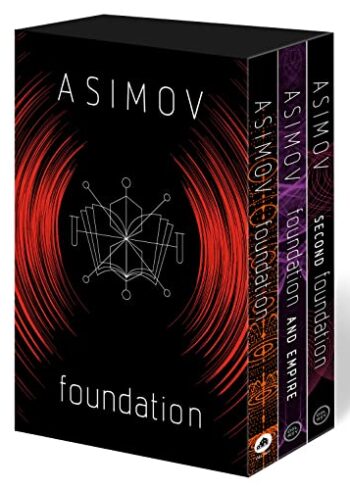
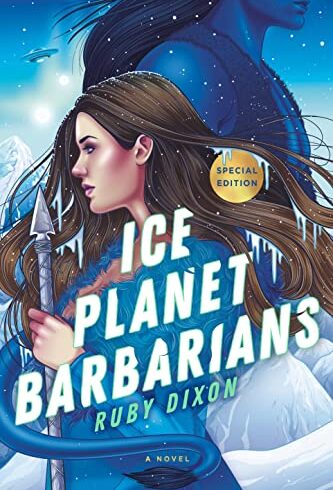

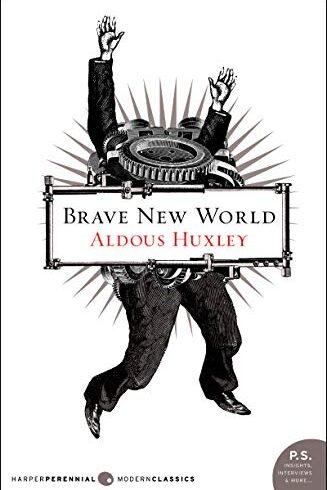
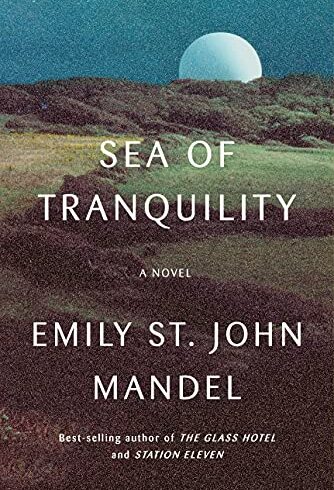

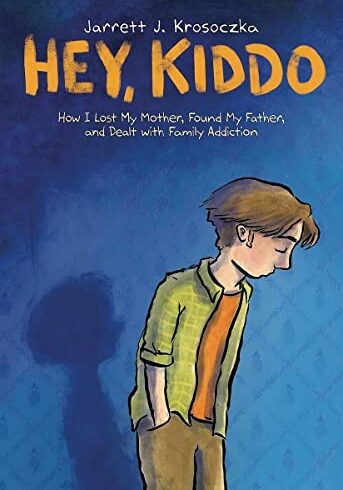
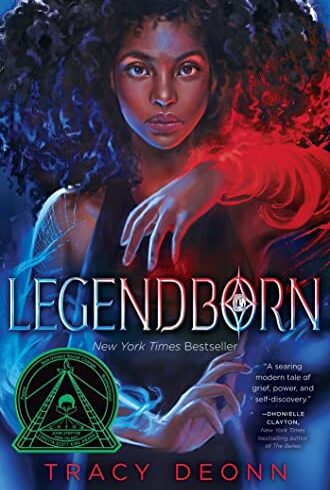






Casey Dorman –
Award winning Chinese science fiction author Cixin Liu has said, “Science fiction is a literature that belongs to all humankind. It portrays events of interest to all humanity, and thus science fiction should be the literary genre most accessible to readers of different nations.” I think this is true, or at least it can be. For science fiction to appeal to everyone on the planet it is necessary that its stories portray situations that are relevant to everyone, that they are written about in a way that doesn’t exclude those whose cultural or societal beliefs fall into one political camp or another, and, most of all, it requires a literate world in which everyone has enough of their basic needs met that they have time for leisure reading., We are a long way from the ideal state described above, but some books are a movement toward it. Cixin Liu’s “The Three-Body Problem “represents a step in that direction. Liu lives in the People’s Republic of China. When I think of science fiction audiences, China doesn’t come immediately to mind, but that is because of my ignorance, not reality. “The Three-Body Problem” not only won the Hugo Award after its translation into English in 2014, but it also won China’s Galaxy Award for best science fiction in 2006, the year of its publication in China. Cixin Liu has won the Galaxy Award, which I didn’t even know existed, 9 times., “The Three-Body Problem “is hard science fiction, meaning that it is literally filled with science, some of it real, much of it speculative with kernels of real science leading to wildly fantastic consequences. One of its themes is the overturning of the basic principles of modern physics, or at least the apparent overturning of them, since another theme is the deliberate undermining of belief in those principles. The underlying plot of the novel is the mutual discovery of another race in our galaxy, mutual in the sense that we discover them at the same time that they discover us., The ideas contained in this novel are mind-boggling. What appears fanciful becomes less and less so, as more science behind it is revealed, although the science too, get stretched until everything seems fanciful, but I as a reader, was never sure if it was based on realistic science or not. That’s part of the entertaining quality of the book. The extraordinary discoveries come one after another, gradually unfolding the true plot that is determining the characters’ actions., There are political criticisms in “The Three-Body Problem,” almost entirely of China’s Cultural Revolution of the 1960’s and 70’s. As such, they are a criticism of constraining science because of political or philosophical reasons. The author himself has made some political statements, almost entirely in favor of Chinese government policies, which have earned him enough suspicion in the U.S. that several Republican Congressmen objected when they heard that Netflix was creating a film version of his work. But modern Chinese politics are not an issue in the novel. Liu’s comments at the end of the English translation of the book make it clear that he hopes science fiction such as his can bring the world together., A word about character development in “The Three-Body Problem.” The early portions of the book cover several years and skip from one character to another, many of them who die. Finally, the story settles down to a small set of regular characters. Some Western critics have complained that the characters are “shallow,” which may be valid when comparing the novel to many Western ones. I suspect that this reflects a difference between Western and Eastern cultures, as well as difference between science fiction as a genre (at least old-style science fiction) and other fiction genres. Our Western mindset is to attribute the causes of a person’s behavior to elements of their personality. They are adventurous, courageous, lazy, lackadaisical, psychopathic, etc. Sociological research has suggested that many Eastern cultures tend to see the causes of behavior as due to events and circumstance or even luck, rather than to ongoing personality characteristics (it is a more vs less difference, rather than an either-or difference). Liu’s novel takes the latter approach, giving a detailed description of the circumstances leading characters to do what they do in the novel. It is not a lack of depth of characters so much as it represents a different approach to character motivation that is reflective of the overall culture of the writer. In the case of “The Three-Body Problem,” this results in the novel gradually providing the basis for different characters’ otherwise puzzling behavior by providing after-the-fact stories of what happened in their lives to cause them to behave as they do., I found this book to be absolutely intriguing and impossible to put down until I got to its end. I am eager to read the two novels that are its sequels. It is science fiction at its very best
Rob –
Tldr: this is a good novel showing aspects of Chinese history that I never knew. The mystery keeps you curious. The sci-fi aspect is extremely light, but gets better at the end., Longer review:, It’s a good book. That is true. But every review I read or watched made me expect something that this isn’t., First, what the book actually contains: 1) An enjoyable story. 2) Descriptions of Chinese history that I found fascinating. 3) An in depth depiction of a video game that seems to be written by someone who has never played video games before – almost as if it’s what someone might imagine a game is like. 4) the last 25 pages or so are where the “hard sci fi” comes in and it’s extremely enjoyable and a new concept (to me). 5) there are extremely basic concepts of computers, philosophy, and physics scattered throughout., What it is not (and what I was misled about): 1) the characters are not lacking in depth. It’s no different than 90% of other novels in existence. Perhaps it’s less than what the reviewers are used to, but that’s an issue with the reviewers, not the characters. 2) besides the last 25 pages, there are no new concepts here. Definitely no revolutionary manipulations of physics and/or philosophy to blow your mind. The vast majority of the book has only the teeniest amount of sci-fi scattered throughout, and it’s extremely light. 3) most of all, it is not the best sci-fi book or author in the past 40 years, 30, 20, or even 10. It’s a good book that is enjoyable and worth reading, but I see absolutely nothing here to earn it so much praise. I’ve read self published books that are far superior. That doesn’t take away from this book being enjoyable. Buy it. Enjoy it. But take all the praise with a bucket of salt. Enjoy the book for what it is, not for what people claim it is.
Thaddeus Tuffentsamer –
It was a very interesting story. It was touted as the war of the worlds in 21st Century China., While we did not see even a glimpse of the aliens, until the final few pages of the book, which is obviously setting up the second book in the series, there was a lot of interesting Chinese culture., The governments, cruel treatment of scientists, how they became an enslaved state, and the government had free rain to do whatever they wanted to any citizen., I was indeed, a political thriller, where we saw a mistreated young woman, more than 40 years later, becoming an empowered leader., The book was interesting, I just wish that the aliens had shown up and began using their tactics in the first book., It was over 400 pages long, and it was really just a build up to the second book. I would have liked less of the story in this book, and have the aliens appear, in this book raising a ruckus.